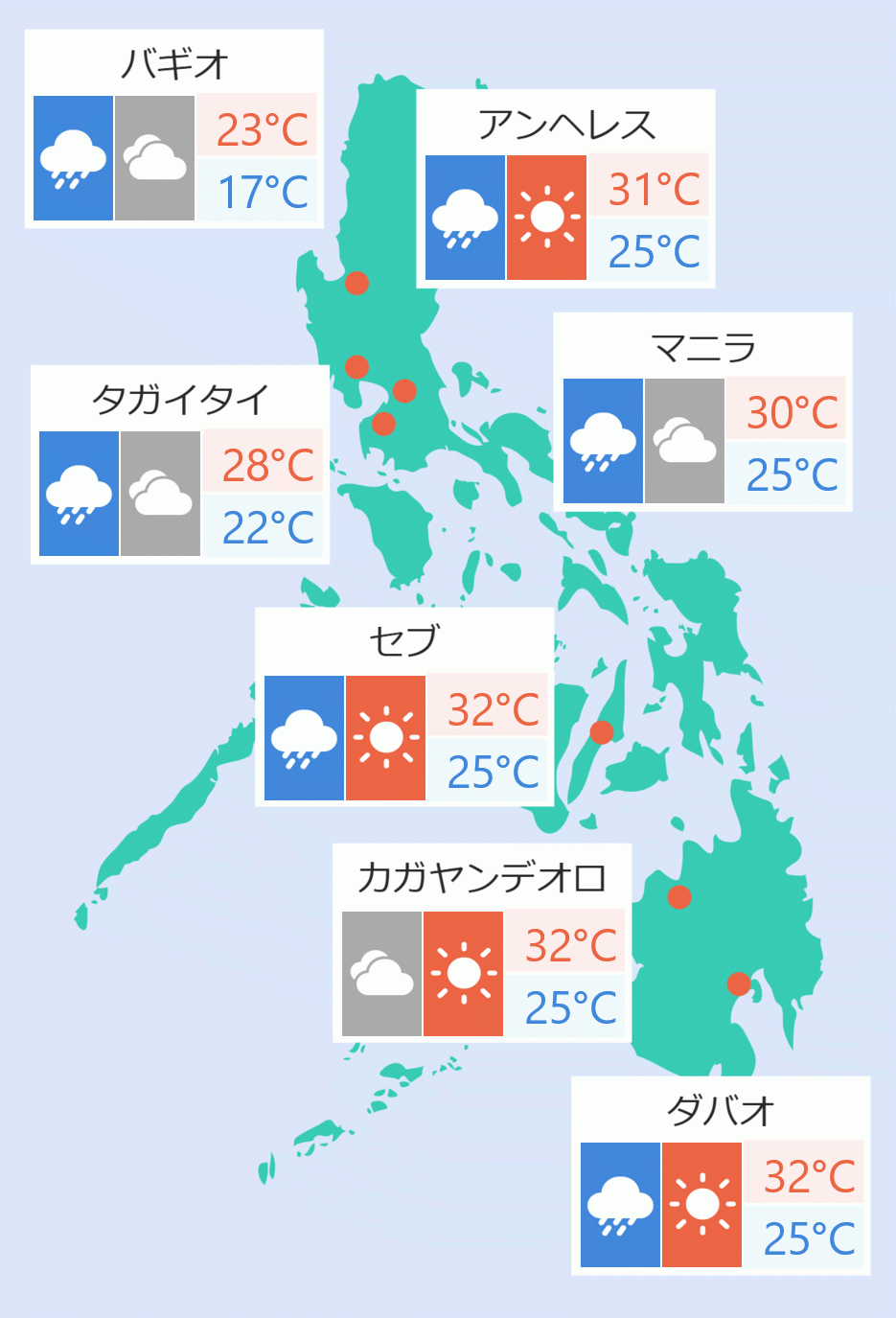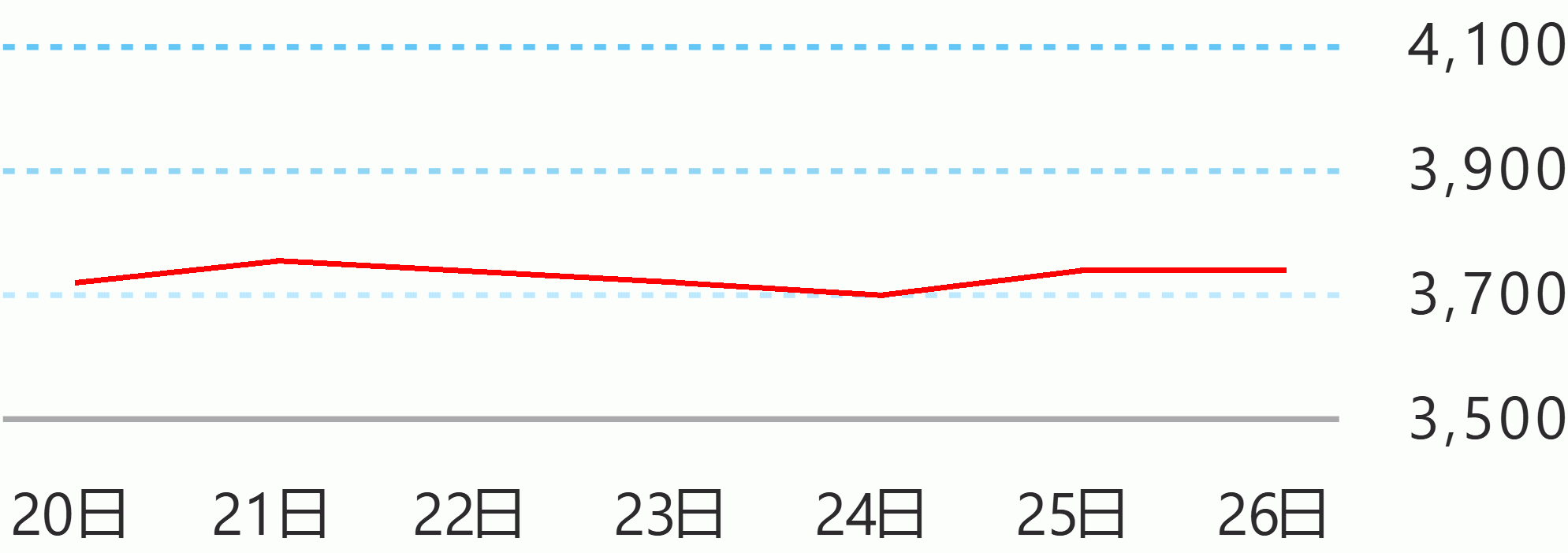Six out of 10 Filipinos have agreed that arresting idlers on the streets is a violation of their “human rights,” according to a polling firm.
Based on the survey released Sunday, the Social Weather Stations said that 32 percent of adult Filipinos agreed that the arrests are against human rights, 28 percent somewhat agreed, and 26 percent disagreed.
Meanwhile, the remaining 14 percent were undecided.
Net agreement that the arrest was a violation of human rights was highest in Mindanao at strong +48, followed by Visayas at strong +32, Metro Manila at strong +30, and Balance Luzon at moderate +29.
The survey also found that 68 percent were worried that they themselves or anyone they know would be arrested for loitering, while 32 percent were not.
In the same survey, 58 percent of the respondents said the police do not choose a class when arresting loiterers, 40 percent said only poor would be apprehended, while two percent said only the rich would be nabbed.
But in Metro Manila, SWS found that 63 percent of respondents said police officers only target the poor people, followed by Balance Luzon at 43 percent, Visayas at 39 percent, and Mindanao at 21 percent.
However, 92 percent said they do not know anyone who has been arrested for loitering, while nine percent know someone. Two respondents from Metro Manila said they have experienced it themselves.
The worry of getting arrested by police for loitering is higher in Metro Manila at 78 percent, followed by Visayas at 73 percent, Balance Luzon at 67 percent, and Mindanao at 59 percent.
By locale, it is higher in urban areas, at 73 percent, compared to rural areas, at 63 percent.
In relation to public’s satisfaction with the administration on protecting human rights, 59 percent said only the poor would be arrested in "Oplan Tambay" compared to 46 percent among those who are undecided and 33 percent among those who are satisfied.
“The proportion of those who say only the poor would be arrested in Oplan Tambay is higher among those who are dissatisfied with the National Administration’s performance on protecting human rights,” SWS said.
On the other hand, the proportion of those who say the police do not choose by class when arresting loiterers is 64 percent among those who are satisfied with the national administration on protecting human rights, compared to 52 percent among those who are undecided, and 40 percent among those who are dissatisfied.
Malacanang, for its part, said, “the matter has already been clarified when the President (Rodrigo Duterte) had said that he did not order the arrest of tambays, for loitering, per se, is not a crime.”
Presidential Spokesperson Harry Roque noted that the authorities then issued guidelines that they would not bring to the police station idlers who did not violate city ordinances.
The President's order to arrest loiterers drew criticisms from some quarters, saying it violates human rights.
The second quarter SWS survey was conducted from June 27-30, using face-to-face interviews of 1,200 Filipino adults nationwide. It has a sampling error margin of ±3 percent for national percentages and ±6 percent each for Metro Manila, Balance of Luzon, the Visayas and Mindanao. Ella Dionisio/DMS





 English
English









